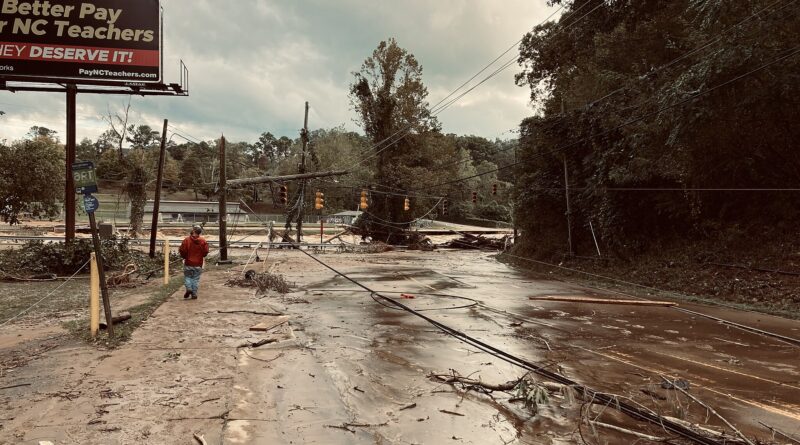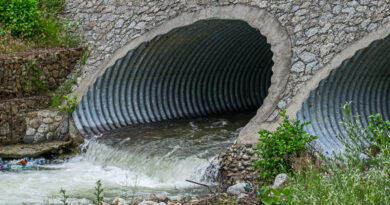Completion of Hurricane Helene Response in Western North Carolina Announced by EPA
The U.S. Environmental Protection Agency (EPA) announced that work supporting the Federal Emergency Management Agency (FEMA), the North Carolina Department of Environmental Quality (NC DEQ), the U.S. Army Corps of Engineers and local health departments with hurricane response efforts in western North Carolina has been completed by the agency.
“One of my first trips as Administrator was to western North Carolina to view the devastation caused by Hurricane Helene,” said Administrator Zeldin. “I am proud of the great work EPA has done and for the assistance we have provided to residents. The Trump EPA continues to work effectively and efficiently to complete our mission assignments and work hard for the American people. I am grateful for our federal and state partners for assisting EPA and for their continued support of North Carolina.”
“EPA is proud to have been part of western North Carolina’s recovery following the devastation of Hurricane Helene,” said Kevin McOmber, EPA Region 4 Administrator. “In collaboration with federal, state and local partners, we were able to prevent discharges of hazardous pollutants into the environment and help get drinking water restored.”
According to the EPA, the agency’s response included:
- Removing and processing more than 1,700 orphan containers of oil, propane and other hazardous materials from land and waterways at the request of FEMA and NC DEQ. EPA worked with the Asheville Fire Department swift water rescue team and hired local rafting guides to help retrieve containers from the French Broad River.
- Testing over 1,500 samples from private wells at EPA mobile water testing labs in Buncombe and Watauga counties.
- Working with the NC DEQ and the U.S. Army Corps of Engineers to assess the storm’s damage to more than 250 drinking water and wastewater systems.
- Providing technical guidance to local water operators, supporting efforts to restore and maintain drinking water systems and other essential services, and assisting the City of Asheville Water Resources Department in restoring drinking water service to 150,000 people in the Asheville area.
- Advising residents on the importance of following local boil water advisories to prevent waterborne illnesses, in accordance with CDC guidelines and in partnership with local health departments.
Photo credit: Bill McMannis, CC BY 2.0 <https://creativecommons.org/licenses/by/2.0>, via Wikimedia Commons



